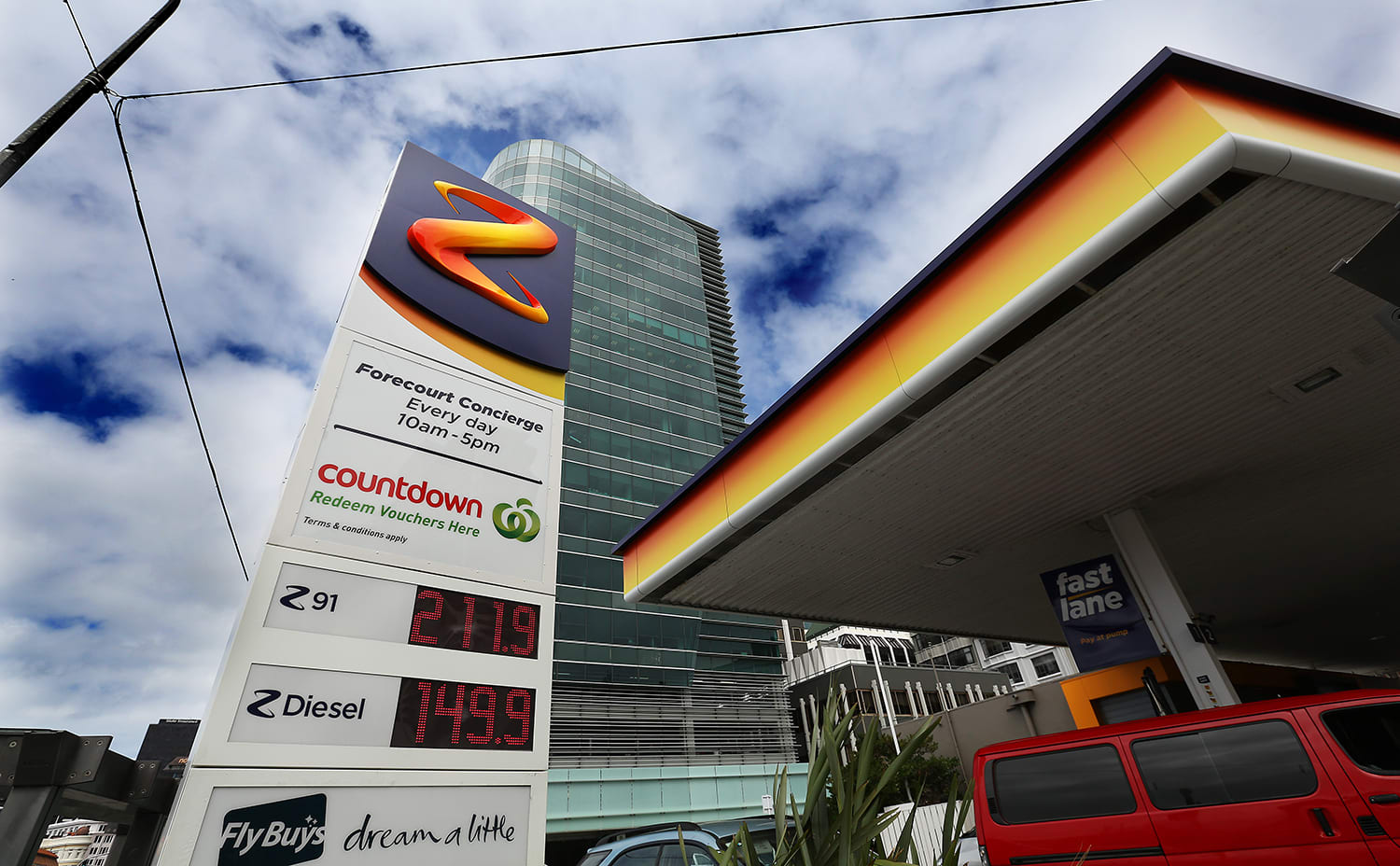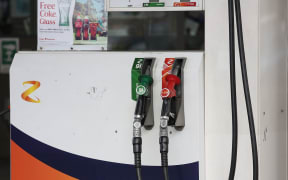Z Energy says it will be business as usual as it enters a new era under Australian ownership, but the company is eyeing up a bigger role in the hydrogen space.

File image: Z Energy petrol station Photo: RNZ
The High Court has given final approval for the takeover of Z by Ampol, in a deal close to $2 billion.
It has already cleared all the other regulatory hurdles.
Trading in Z shares will be suspended from tomorrow with delisting set to take place on 10 May.
Z Energy chief executive Mike Bennetts said its strategy and brand will stay the same under Ampol, but there will be changes to its work around the low-carbon sector.
"For example, Ampol are more advanced in their thinking and doing around hydrogen. We're probably in similar spaces around electricity and electric vehicle charging infrastructure and Z is probably a little bit more advanced in its thinking and doing around biofuels.
"So by coming together as one larger organisation we can share more best practice."
Bennetts said most people at Z were "really excited" about the takeover.
"Obviously in any change there's always people who have some concerns about what does this mean for [their] job, for the things [they are] committed to and I'm very confident we'll be able to resolve those for those people," he said.
Bennetts said Ampol has agreed with Z's plans for the next three to four years and none of it involved large scale job changes as a result of a change in ownership.
As for low carbon energy, he said the company was interested in the "world of hydrogen" from manufacturing to how it gets to a customer and their vehicle or aircraft.
"Hydrogen is an opportunity within the aviation space. So that whole value chain as we call it or the various ways we could participate in the hydrogen market, we'd be open to participating in any part of that.
"That's why we're keeping ourselves up to date with what's happening with the technology and the economics of it all from overseas," he said.
However, Bennetts said the there were also economic challenges in implementing hydrogen.
"You do get into a bit of a chicken and egg between do you provide supply and demand will come or vice versa. The reality is a hydrogen truck costs more than three times as much to buy as a diesel truck and it costs three times as much to run as a diesel truck."
It would be challenging for fleet operators, but it did not mean the energy industry should not start pilot programmes, Bennetts said.
"The same way electric cars were 10 years ago, where pretty much no one could afford an electric car even though the technology was available."
He said Z was interested in working with large truck fleet operators on hydrogen projects.
Bennetts said he and all of the company's executive team had agreed to stay on and help the company through the transition.





